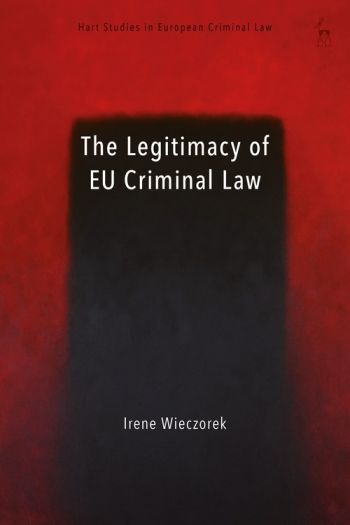
This book traces the history of the EU competence, EU policy discourse and EU legislation in the field of criminalisation from Maastricht until the present day. It asks 'Why EU Criminal Law?' looking at what rationales the Treaty, policy document and legislation put forth when deciding whether a certain behaviour should be a criminal offence. To interpret the EU approach to criminalisation, it relies on both modern and post-modern theoretical frameworks on the legitimacy of criminal law, read jointly with the theories on the functions of EU harmonisation of national law. The book demonstrates that while EU constitutional law leans towards an effectiveness-based, enforcement-driven, understanding of criminal law, the EU has in fact in more than one instance adopted symbolic EU criminal law, ie criminal law aimed at highlighting what values are important to the EU, but which is not fit to actually deter individuals from harming such values. The book then questions whether this approach is consistent or in contradiction with the values-based constitutional identity the EU has set for itself.